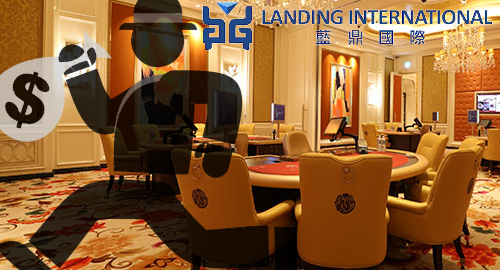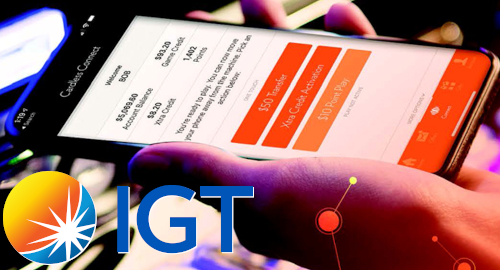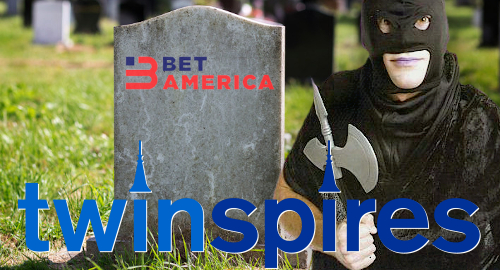Burlywood Capital partner Andrew Burnett predicts that innovation in the casino industry in 2021 could potentially help spur a recovery. Burnett would be one to know, with more than twenty years-experience on the finance side of the casino and gambling industry. Burnett took some time out to reminisce with long-time pal and Calvinayre.com lead reporter Becky Liggero Fontana on what he thinks may happen in the industry in 2021.
“We see some products coming along which are brand new to the market and have got the potential to shake up the industry a little bit in the U.S, so it might be worth keeping an eye out for some of those products and new entrants that can really make a bit of a bit of a blast in the market perhaps over the next 12 months,” Burnett said.
https://www.youtube.com/watch?v=SUR8DWFtngA&feature=youtu.beVideo can’t be loaded because JavaScript is disabled: Andrew Burnett predicts an industry shakeup in 2021 (https://www.youtube.com/watch?v=SUR8DWFtngA&feature=youtu.be)
“Online gambling has had a very good pandemic so in terms of sector rotation I just think you could see the sector stepping back a little bit over the next 12 months. I think we’re long due to see some new product innovation and I think there’s been a lot of B2 businesses that have prospered over the last 12-24 months,” he added.
















